The Post-50 Brain Boost: 12 Foods to Start Eating Today for a Sharper Memory
Have you ever walked into a room, only to forget why you went in? Or maybe a beloved detail from last week’s conversation suddenly feels just out of reach? You’re not alone—and you haven’t lost your spark! The truth is, a little forgetfulness comes with the territory after 50, but there’s incredible new science that offers real hope. Our brains are wonderfully adaptable, and what we put on our plates can make a remarkable difference. Researchers and nutritionists agree: thoughtful food choices offer some of the most practical, enjoyable ways to keep our minds clear and vibrant as the years roll on. The best part? There’s no need for drastic diets or complicated routines—just everyday favorites, enjoyed with intention. In this guide, you’ll find 12 foods with proven powers to support memory and protect against cognitive decline, all backed by science and expert insight. Each one is paired with simple ways to bring it into your life, whether you’re a passionate cook or a fan of fuss-free snacks. These are more than just menu ideas—they’re small acts of self-care, tailored for your journey. Ready to nurture your memory and rediscover what food can do? Let’s meet the brain-boosters your body (and your taste buds) will thank you for.
1. Salmon: Your Omega-3 Powerhouse
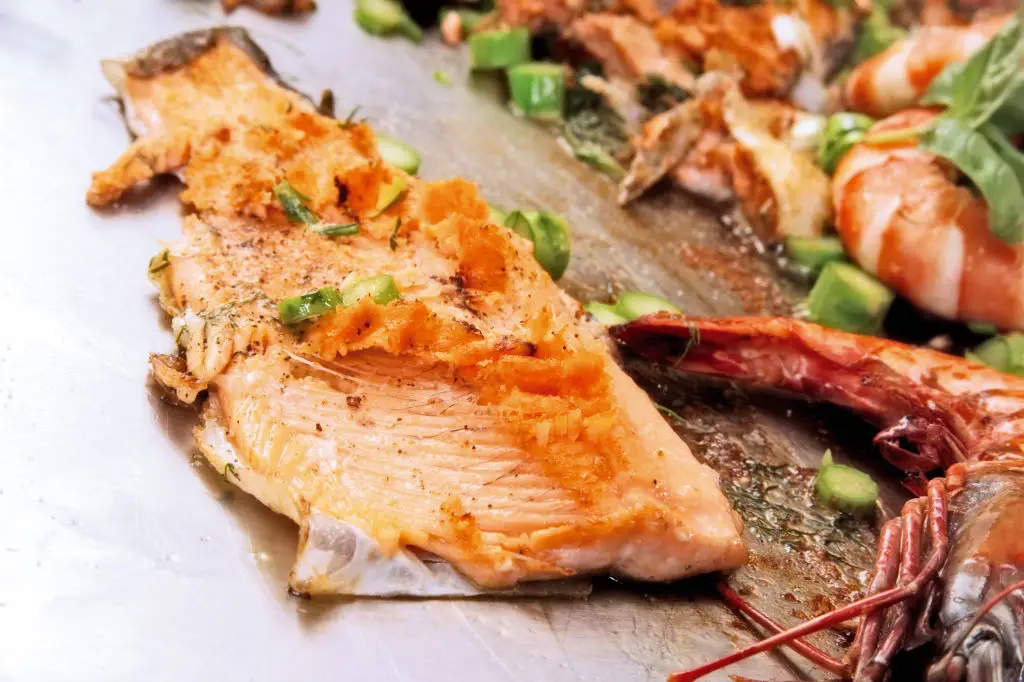
Salmon isn’t just a tasty entrée—it’s a superstar for brain wellness. What makes it so special? It’s one of nature’s best sources of omega-3 fatty acids, specifically DHA and EPA, which form the building blocks of healthy brain cells. Science shows that these fats play a key role in sharpening memory and slowing age-related decline. As neurologist Dr. David Perlmutter notes, “Omega-3 fatty acids, especially DHA, are linked to better memory and slower cognitive decline.” Just one or two servings of salmon per week can support brain structure and function over time. You don’t need to fire up the grill every day—try canned salmon in a salad, a quick fillet in the oven, or gently poached pieces in a simple soup. Even choosing frozen fillets makes it easy and affordable. Salmon’s gentle flavor adapts to herbs and spices you already love, making it as versatile as it is nourishing. Whether enjoyed hot or cold, these simple servings are a reliable staple for anyone seeking to keep their memory sharp, while savoring every bite.
2. Walnuts: Snack for Brain Longevity
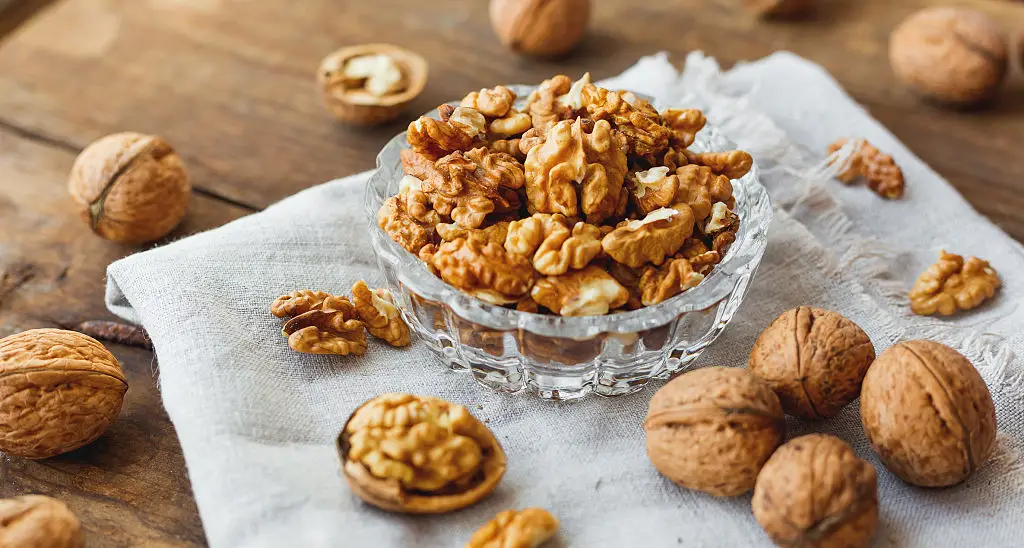
Walnuts have quietly earned their place atop the ‘brain food’ list, and for good reason. They’re the only tree nut delivering significant plant-based omega-3s, known as ALA, which help maintain the flexibility of cell membranes in your brain. Studies suggest that people who snack on walnuts regularly show slower cognitive decline as they age and perform better on memory tasks. Dietitians often recommend a small handful each day—not only do they power up your neurons, they also make for a filling, easy snack between meals. Sprinkle chopped walnuts onto oatmeal or yogurt, toss them into salads, or carry a little bag in your purse for car rides and errands. Store walnuts in the freezer to lock in freshness and save on waste. Their rich, toasty flavor can fit both sweet and savory cravings. Adding walnuts to your daily routine is a straightforward but impactful shift, gently supporting your memory and overall brain health with every crunchy bite.
3. Eggs: Choline Champions
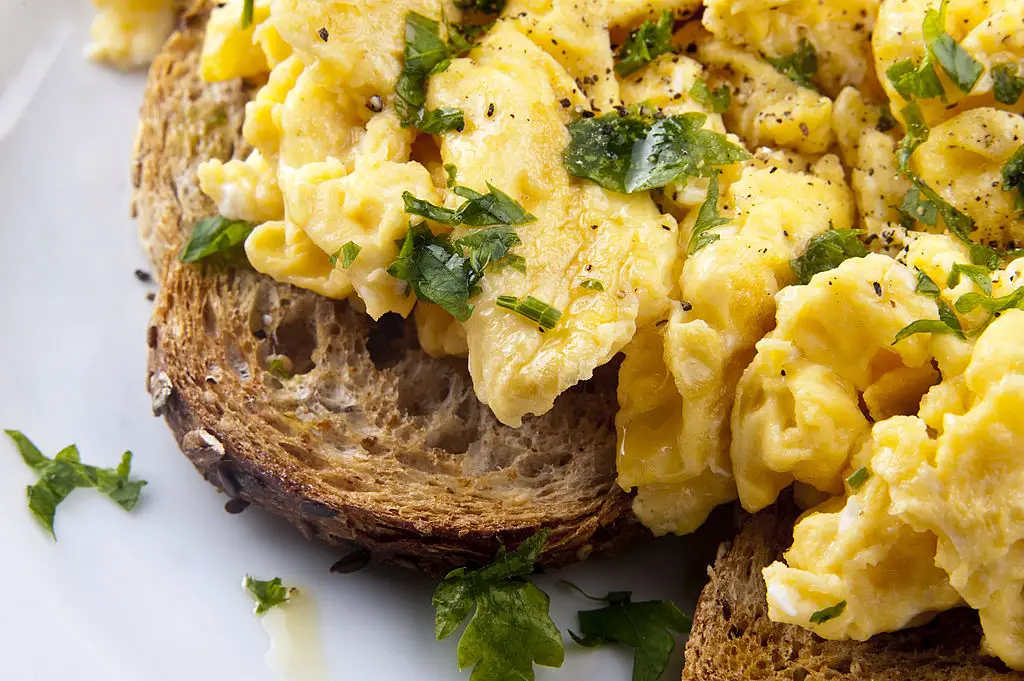
Don’t be fooled by their humble appearance—eggs are nutrient powerhouses that often get overlooked in memory-boosting diets. The real star inside? Choline, a nutrient essential for creating acetylcholine, the neurotransmitter linked to learning, recall, and mental agility. Research shows that 90% of Americans miss the mark on choline, and just two eggs at breakfast can provide nearly half of what you need for the day, along with a steady dose of protein. Dr. Drew Ramsey explains, “Choline is crucial for brain health—and 90% of Americans don’t get enough.” Whether you prefer your eggs scrambled, poached, or baked into a veggie omelet, they offer flexibility for every schedule. Worried about cholesterol? Most experts now agree that moderate egg consumption fits well within healthy diet patterns for older adults. Adding eggs to your breakfast or lunch rotation is a nourishing option that feeds both your body and your mind, helping you stay sharp—one delicious meal at a time.
4. Blueberries: Nature’s Brain Shield
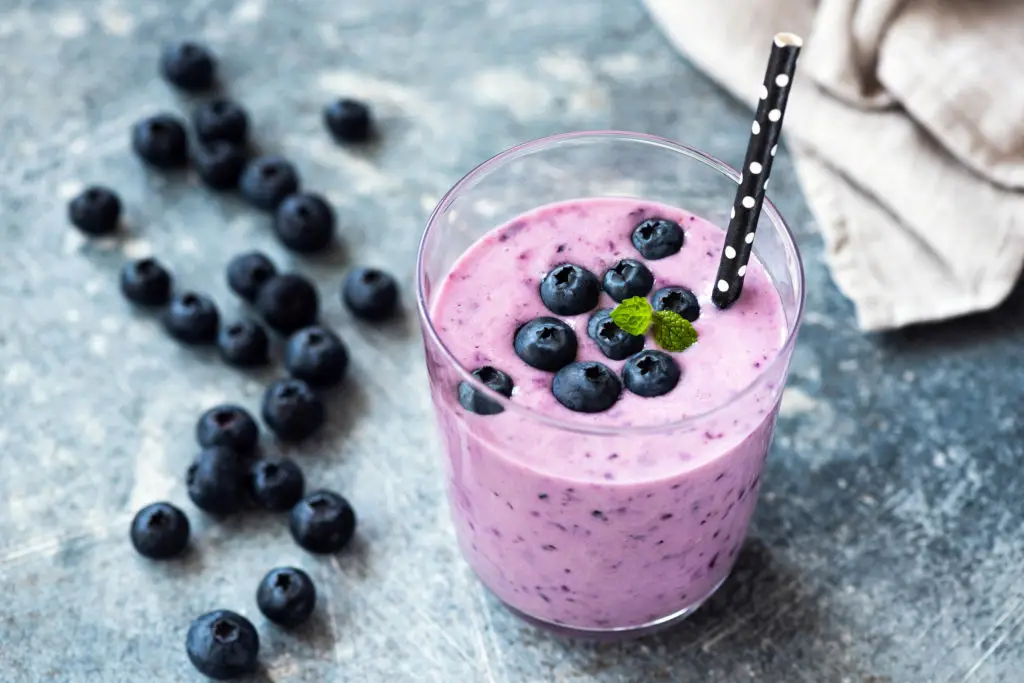
Blueberries are as close to magical as fruit gets—tiny, sweet, and loaded with power for your memory. What sets them apart? These berries contain anthocyanins and antioxidants that shield the brain from stress and cellular damage. Research highlights, “Blueberries are one of the most studied foods for protecting brain health in older adults.” In fact, wild blueberries boast almost twice the antioxidant strength of their cultivated cousins. Toss a handful into smoothies, yogurt, oatmeal, or simply enjoy them fresh for a simple treat. If fresh isn’t available, frozen blueberries are just as potent—no excuses for skipping out! The nutrients in blueberries are proven to travel across the blood-brain barrier and spark the production of BDNF, a protein that supports memory and learning as we age. Make blueberries a daily habit and let their natural sweetness serve as your edible insurance policy for clear thinking, every day.
5. Dark Leafy Greens: Folate and E Focus
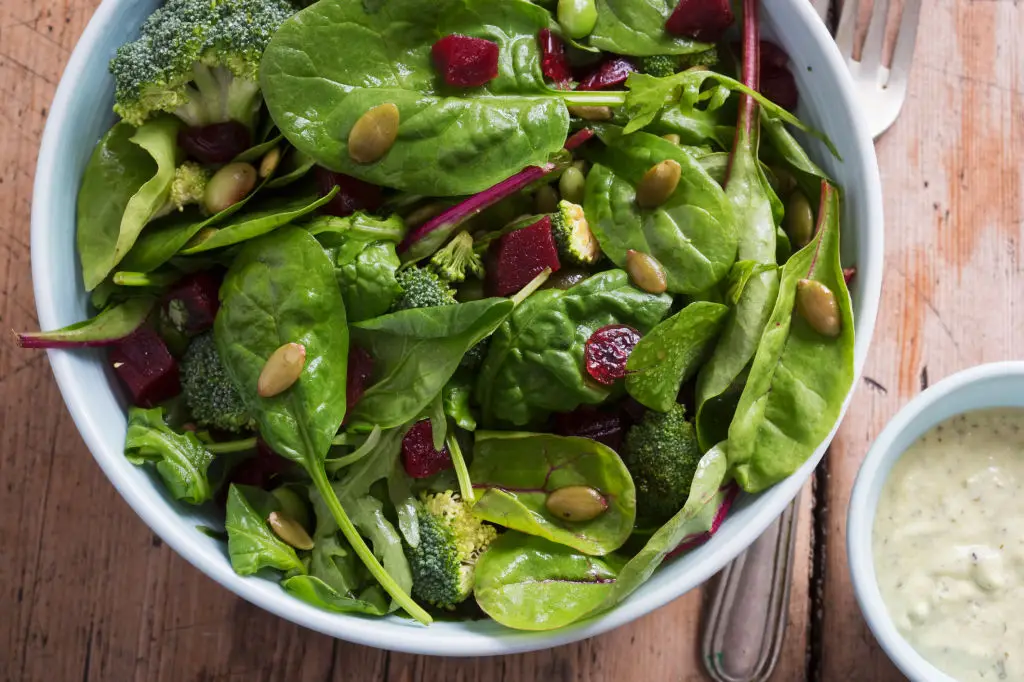
Spinach, kale, and their leafy cousins fill your plate with much more than color—they deliver a two-for-one punch for memory: vitamin E to protect neurons and B vitamins, especially folate, to keep brain pathways humming. A half-cup of cooked spinach offers 13% of your daily vitamin E and a third of your folate. Studies link greater consumption of dark greens to a slower rate of cognitive decline, with nutritionists encouraging at least a couple of servings weekly. You can sneak greens into soups, blend into smoothies, or swap them as the base for salads. Busy mornings? Toss a handful into scrambled eggs or tuck some kale into sandwiches. Their mild, earthy flavor makes them an easy fit for every style of meal, and choosing frozen or pre-washed bags makes this brain-boosting habit a breeze. When you give your brain a dose of leafy green goodness, you’re investing in both mental clarity and everyday wellness—no green thumb required.
6. Pumpkin Seeds: Vitamin E and Zinc Boost
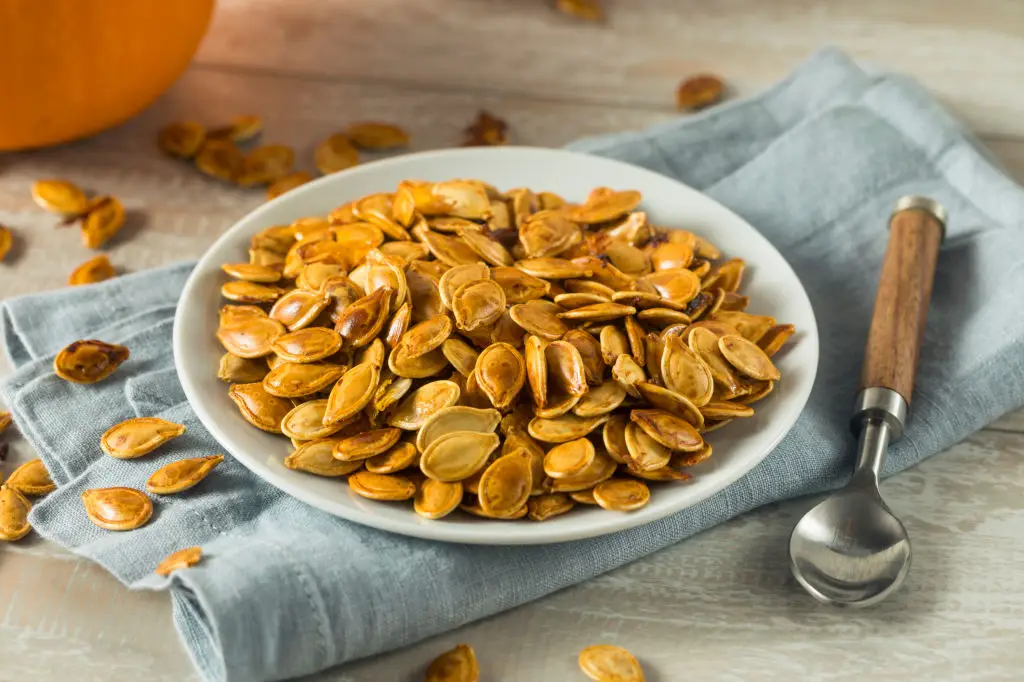
Don’t overlook pumpkin seeds—these small powerhouses are packed with nutrients that play a big role in supporting your brain. Pumpkin seeds are high in vitamin E, magnesium, and zinc. Each of these nutrients has a research-backed link to maintaining sharp thinking and protecting brain cells from age-related decline. Enjoy them straight as a snack, sprinkle them on salads or yogurt, or stir them into homemade granola for extra crunch. Toasting brings out a rich, nutty flavor that’s both comforting and satisfying. Pumpkin seeds are a naturally portable, affordable option for anyone looking to boost memory throughout the day. Unlike some other seeds and nuts, they’re gentle on digestion and work well as a topping or stand-alone treat. Keeping a jar in your pantry puts brain nutrition right at your fingertips—no special prep required. With just a handful each day, you’re feeding your brain in a way that’s simple and delicious.
7. Olive Oil: Mediterranean Memory Magic

Olive oil has long been a star in Mediterranean diets, cherished not only for its silky texture and flavor, but for its brain-loving fats and antioxidants. Research points to regular olive oil consumption as helping preserve memory and slow cognitive aging, thanks in large part to its monounsaturated fats and polyphenols. Using olive oil in homemade salad dressings, for roasting vegetables, or as a dip for whole grain bread is an easy upgrade that fits into almost any meal plan. Dietitians recommend choosing extra-virgin varieties to maximize health benefits—these pack the most antioxidants, offering extra protection for your brain’s delicate wiring. Olive oil also helps your body absorb nutrients from the foods you pair it with, making it a smart addition at every meal. Simple changes, like swapping butter for olive oil, can nurture memory and bring a taste of Mediterranean sunshine to your kitchen year-round.
8. Whole Grains: Fiber for Focus
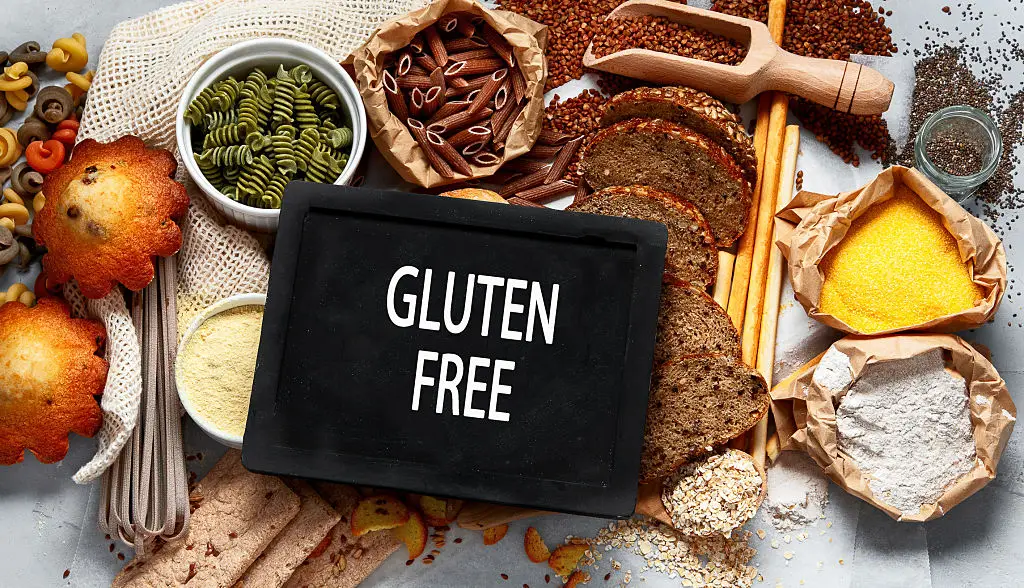
Your brain thrives on a steady supply of energy, and whole grains like oats, brown rice, and quinoa deliver just that—without sharp spikes or crashes. The fiber in whole grains supports even blood sugar and boosts blood flow to the brain, both key for staying attentive and processing information with ease. Recent studies show that regular whole grain consumption aligns with better memory scores and a reduced risk of cognitive decline for adults over 50. Make the switch by choosing whole grain bread, brown rice bowls, or a warm breakfast of steel-cut oats. Even a simple swap—replacing refined grains in your lunch sandwich—offers long-term benefits. Whole grains are also rich in B vitamins, nourishing your nerve cells and supporting healthy neurotransmitters. Aiming for at least three servings per day can help establish the foundation your brain needs for clarity and focus, meal after meal.
9. Fatty Fish Alternatives: Sardines & Mackerel
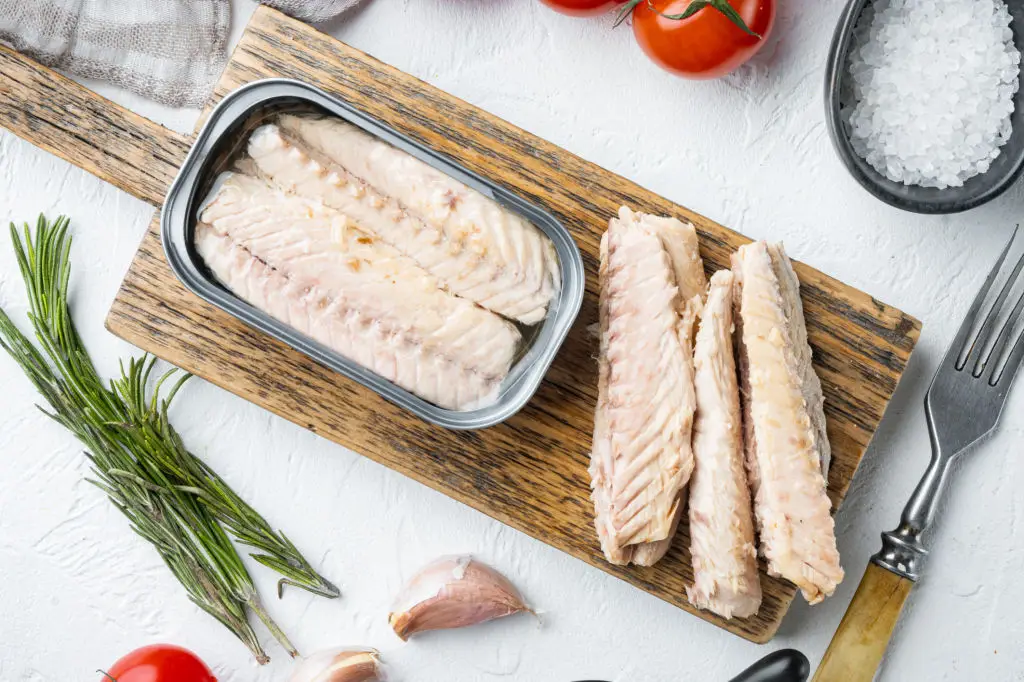
Not keen on salmon? Terrific news: sardines and mackerel pack equally impressive brain benefits and are easy to keep on hand. Like their more-famous cousin, these oily fish are brimming with DHA and EPA, the omega-3s shown to support memory and cell health in aging brains. They’re also cost-effective, widely available, and lower in mercury than larger fish varieties. Crumble sardines onto whole grain crackers or blend mackerel with Greek yogurt and fresh herbs for a speedy spread. Both work beautifully in salads or atop rice bowls. If strong flavors are a worry, look for lightly smoked or lemon-infused varieties for a milder experience. With so many options, fitting fatty fish into your week is possible, even if salmon isn’t your first choice. Each serving is a gift of nourishment that supports cognitive resilience, making these pantry superstars an unsung hero for memory support after 50.
10. Broccoli: Cruciferous Cognitive Support
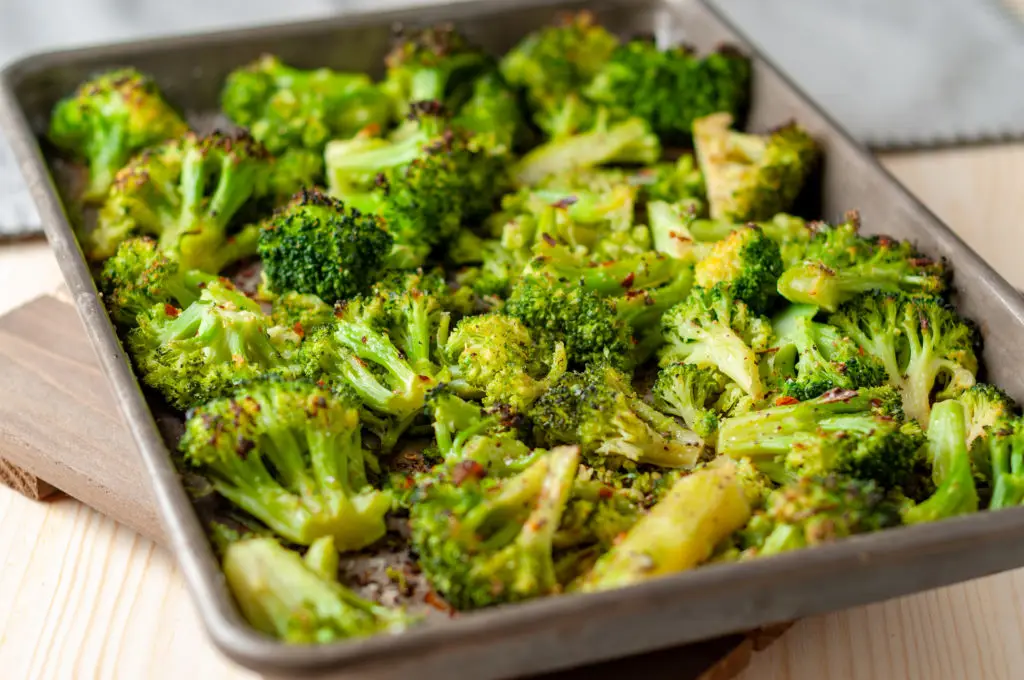
Broccoli brings so much more to the table than its reputation as a childhood nemesis. Rich in vitamin K, fiber, and an array of antioxidants, broccoli has been linked to sharper working memory and slower mental aging. Studies reveal that people who regularly enjoy cruciferous veggies like broccoli tend to experience slower cognitive decline as the years march on. Quick to steam or roast, broccoli can anchor your plate as a main veggie, blend into creamy soups, or be tossed with a drizzle of olive oil for extra brain-friendly punch. Chopped raw broccoli adds crunch to salads and slaws, providing versatility, flavor, and color. If you’re not a fan of its florets, blending it into sauces or casseroles can mellow its taste and keep mealtime exciting. For an affordable, approachable way to protect your memory with every forkful, broccoli is truly in a league of its own.
11. Citrus Fruits: Vitamin C & Flavonoids
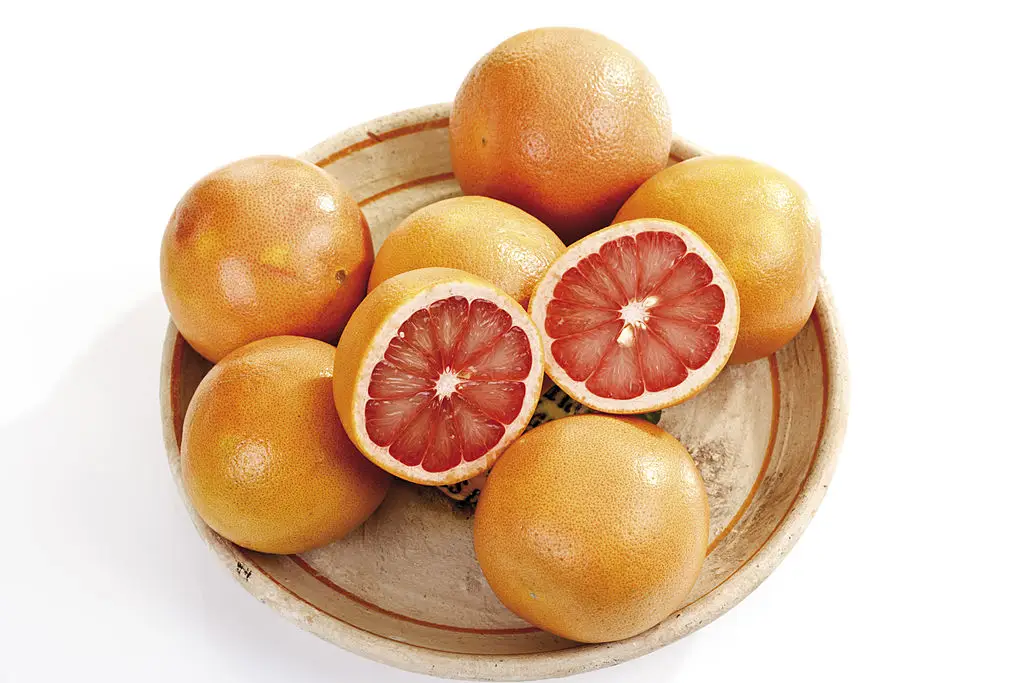
Oranges, grapefruits, and their citrus family members are bursting with vitamin C and flavonoids—both critical for bolstering brain health. Research connects regular citrus intake to better problem-solving, faster recall, and superior processing speed. Citrus is one of the easiest snacks: it comes pre-wrapped by nature, is widely available all year, and offers a bright taste that perks up any meal or snack. A bowl of orange segments or a grapefruit half in the morning can set a positive tone for the day and support your memory at the same time. Don’t be afraid to toss orange slices into spinach salads or use fresh lemon in dressings to bring out subtle flavors. The nutrients in citrus help fight oxidative stress, safeguarding brain cells for the long haul. Little additions like these are simple, refreshing steps that pay memory dividends over time.
12. Green Tea: Sipping for Synapses
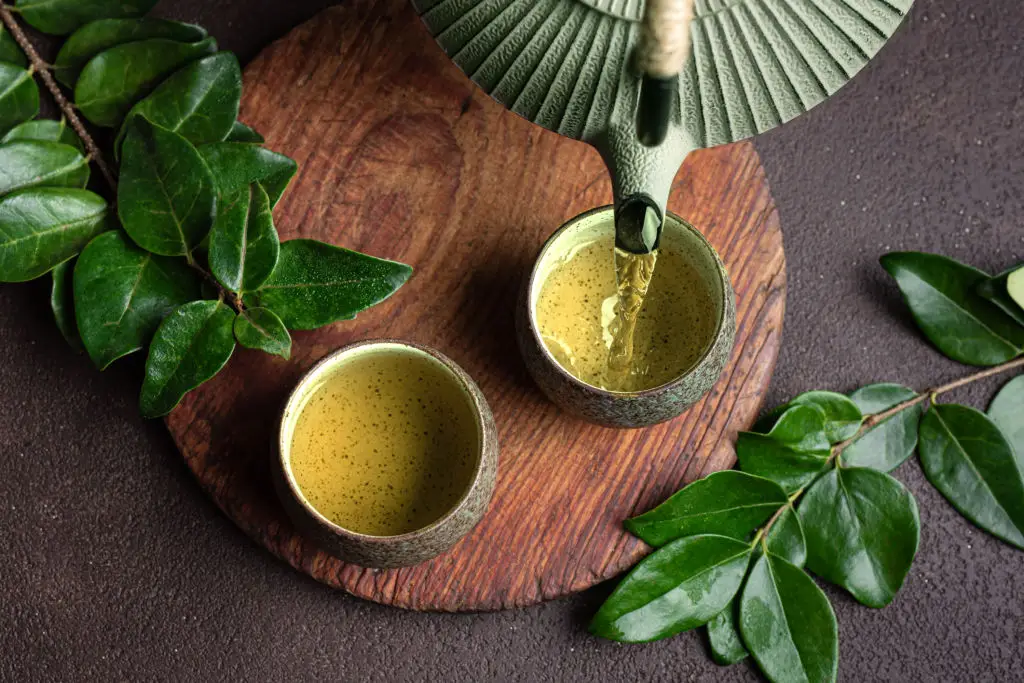
Green tea is a centuries-old staple, cherished for both flavor and gentle stimulation. What makes it a true brain booster post-50? It’s high in polyphenols and L-theanine, compounds linked to higher cognitive scores and improved focus in regular drinkers. Unlike coffee, green tea offers just enough caffeine to gently support alertness without the jitters. Scientists have identified strong links between frequent green tea consumption and reduced risk for cognitive decline as we age. Whether you prefer it hot for cozy mornings or iced in the afternoon, green tea is an easy ritual that can fit any routine. If you’re new to its delicate taste, try blending with mint or a slice of orange for added zip. Making this simple sip part of your day is a small self-care act with evidence-backed dividends for your memory, clarity, and mood.
The Everyday Joy of Nourishing Your Mind

Supporting your memory doesn’t require a total lifestyle overhaul—it’s about small, compassionate choices repeated in the rhythm of daily life. Each of the twelve foods shared above offers a gentle nudge towards greater clarity, protected by nature’s own nutrients and the wisdom of ongoing research. Change really can start with what’s on your fork or in your cup, and choosing even one new addition is something to be proud of. This journey is not about hard-and-fast perfection, but about celebrating the progress you make and the vibrance you nurture in your own unique way. Remember, there’s no single ‘right’ way to eat for brain health. If you try a new recipe this week or pick up a snack inspired by this list, that’s a meaningful step toward your sharpest, most energetic self. Your brain is always ready for care, encouragement, and a little adventure at mealtime. Here’s to savoring the process—and to the memory-boosting goodness waiting on your next plate.